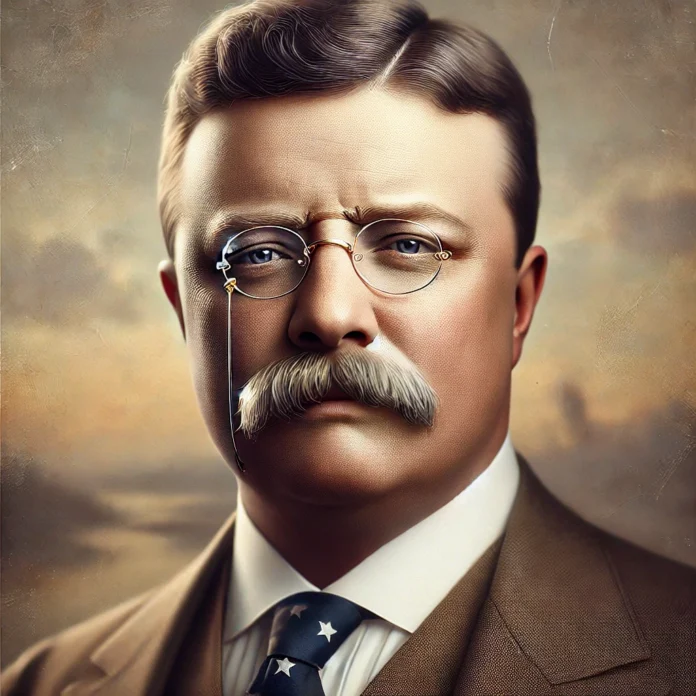On December 10, 1906, Theodore Roosevelt etched his name into the annals of history not only as a U.S. president but as a global statesman. Roosevelt became the first American to win the Nobel Peace Prize, a distinction that carried as much political weight as personal prestige. His role in negotiating the Treaty of Portsmouth, which ended the Russo-Japanese War, earned him this groundbreaking honor. It was a moment that blended high-stakes diplomacy, global recognition, and a dash of Rooseveltian charisma.
Bridging East and West
The Russo-Japanese War (1904–1905) was a brutal conflict fueled by imperial ambitions in East Asia. Russia sought dominance in Manchuria and Korea, while Japan aimed to cement itself as a regional power. As the war dragged on, the toll on both nations became unbearable. Enter Theodore Roosevelt, a man who famously “spoke softly and carried a big stick.”
Roosevelt saw the conflict as an opportunity to assert America’s influence on the world stage and bring stability to a volatile region. With a careful balance of persuasion and pragmatism, he convinced both Russia and Japan to meet in Portsmouth, New Hampshire, in August 1905. Over the course of weeks, Roosevelt played the role of mediator, pushing for compromises that ultimately culminated in a peace treaty.
What makes this feat remarkable is that Roosevelt never set foot in Portsmouth during the talks; he conducted his diplomacy from afar, using a flurry of telegrams and emissaries. It was a masterclass in the art of diplomacy—efficient, effective, and above all, peaceful.
The Nobel Peace Prize: A Moment of Global Recognition
Roosevelt’s Nobel Peace Prize was more than just a personal accolade; it was a landmark moment for the United States. For the first time, an American was recognized not just as a participant in global affairs, but as a leader of peace. This was no small feat in 1906, a time when the U.S. was still carving out its place on the international stage.
In accepting the prize, Roosevelt made a point to emphasize the values of cooperation and international responsibility—principles that, while noble, have sometimes proven easier to articulate than to uphold. His win also came with a monetary prize, which Roosevelt promptly donated to charities and causes, further underscoring his image as a leader committed to the greater good.
A Legacy of Complexity
It would be disingenuous to paint Roosevelt as a flawless champion of peace. After all, this was the same man who charged up San Juan Hill in the Spanish-American War and whose foreign policy included vigorous military expansion. Yet, his Nobel Peace Prize reflects a lesser-known side of Roosevelt: the strategist who understood that diplomacy could achieve what war often could not.
Lessons for Today
As we reflect on Roosevelt’s historic achievement, we’re reminded that peace is not a passive pursuit. It requires effort, negotiation, and, perhaps most critically, a willingness to bring adversaries to the same table. Roosevelt’s feat is a reminder that leadership on the world stage isn’t just about wielding power—it’s about using it wisely.
One hundred and eighteen years later, Roosevelt’s Nobel Peace Prize stands as a testament to the potential of diplomacy, the power of dialogue, and the enduring relevance of America’s role in fostering global stability. It’s a legacy worth celebrating—and perhaps even emulating.




